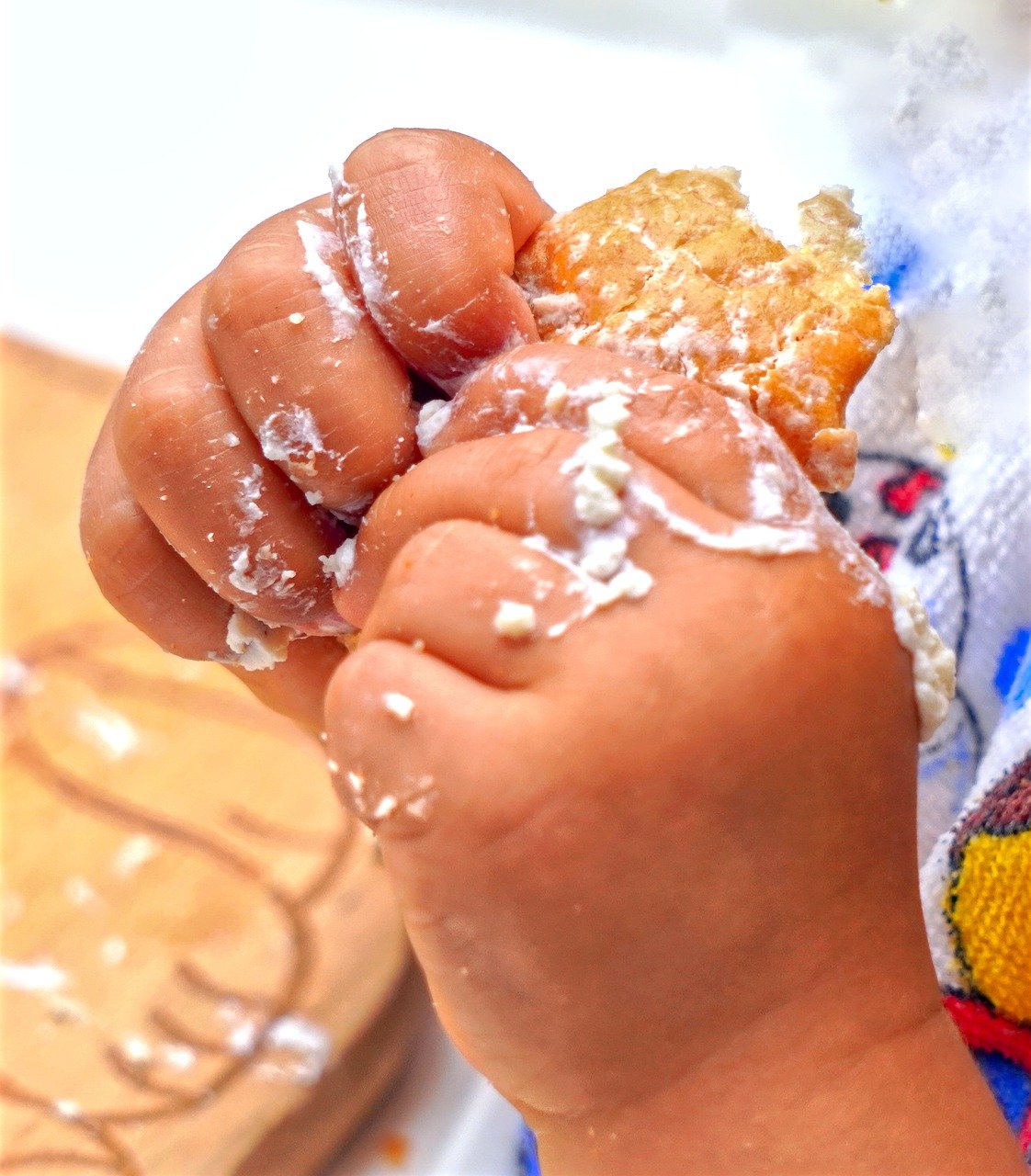
Originally Published by “Parenting on the Peninsula”; A Monthly Journal for San Mateo County Parents
Editor’s Note: What this article didn’t mention due to lack of space is that my childhood obesity was chiefly due to food insecurity among a number of other factors.
There doesn’t seem to be a better time to talk about childhood obesity than now. On the heels of National Nutrition Month, recognized in March in the United States, it is a good time to shed some light on this alarming epidemic that is affecting our children—in essence our future.
The fact is that one out of three children in the United States is either overweight or a serious risk of becoming so.
Overweight children are at high risk of becoming overweight adolescents and adults, placing them at risk of developing chronic diseases such as heart disease and diabetes later in life. They are also more prone to develop stress, sadness and low self-esteem.
Why should anyone be concerned?
Author Sharon Dalton explains it best, “The point is this: with constant reminders or more often teasing and bullying about their weight, chubby kids easily become adults with disordered eating behaviors. Sooner or later they may develop a long list of physical health problems including diabetes, heart disease, sleep apnea, and premature death. Sooner not later the stigma of being fat shapes the way they view themselves and relate to others. These children suffer a devastating discrimination by adults and peers resulting in a damaged sense of self-worth that exacerbates poor eating and exercise habits.“
My concern comes not only as a mother of two toddler children but also as a former overweight child myself.
I remember all too well the bullying, cruel teasing and jabbing remarks that came from my childhood classmates.
My opinion is that no child should have to undergo that kind of treatment especially when childhood obesity is preventable.
As Oprah once said in a show devoted to children obesity, “no child is fat alone.“
How have our children become overweight?
According to some experts, children become obese for a number of reasons that includes genetic factors, lack of physical activity, improper food choices and unhealthy eating patterns or a combination of all these factors.
Regardless of the reasons for childhood obesity, here are some ways experts recommend parents can combat and reverse this epidemic:
- Educate your children about proper food choices. Begin teaching your children at a very young age why certain foods are good and certain foods are not so good.
- Explain to them how certain foods affect the body. Instill a love of food and proper nutrition. This knowledge will stay with them for life.
- Why not help kids to develop a curious palate? Teach your children to be adventurous and try new foods. If you are brave and excited, so will they be too.
- Eat as a family. Children who eat family meals together tend to get better grades in school and consume less fried foods soda and fats.
- Play together. If your children see that you are physically active and having fun they are more likely to be active and stay active for the rest of their lives.
- Be active in your community. Volunteer together as it promotes being physically active and cultivates a sense of shared shared responsibility.
As for my family, we will be volunteering at Junior League Kids In the Kitchen, a free one-day event on April 12 from 9:00 a.m. to 1:00 p.m., at The Boys and Girls Club of East Palo Alto, to educate local families on the value of proper nutrition and physical activity. We invite you all to attend.
Megan Manlynh Rummler is the mother of two toddlers and resides in Menlo Park. She is a member of the Junior League of Palo Alto Mid-Peninsula. For more information about Kids In the Kitchen email kidsinthekitchen@thejuniorleague.org
